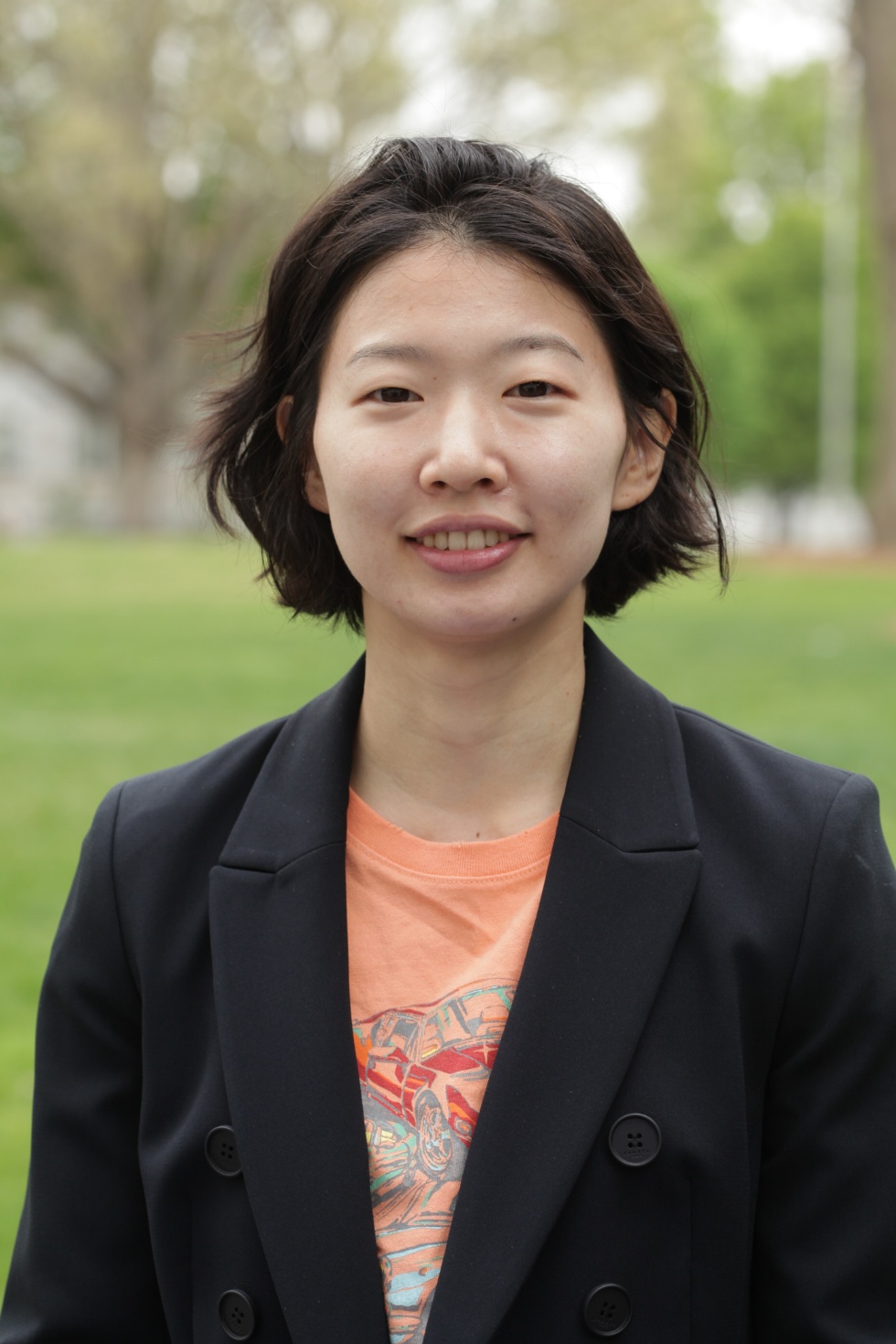Distinct Norm Communities and Shaming Issue Choice
Abstract
Why do some human rights issues receive more attention at the UN than others? This study posits the importance of states’ heterogeneous issue preferences in understanding their shaming behavior. First, allowing sender effects to vary across issues reveals meaningful heterogeneity in states’ issue emphases after accounting for affinity and network structure. Second, clustering the posterior distribution of sender–issue effects uncovers normative communities—distinct but shallow patterns of residual issue prioritization that cut across geopolitical alignments. Third, small countries rise as linchpins of these normative clusters. These findings suggest issue preferences contribute a secondary but structured layer of variation that does not conform to a universal issue hierarchy.
